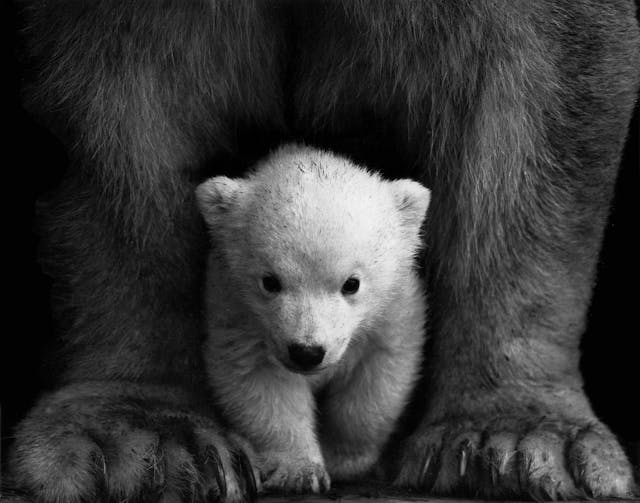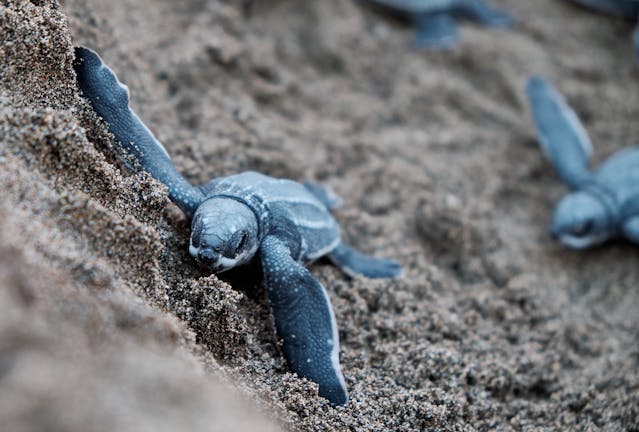The Importance of Animal Protection: Why Every Life Matters
Animals play a vital role in our world. From the pets in our homes to the wildlife in forests and oceans, every animal contributes to the balance of nature and enriches our lives. Protecting animals is not just about kindness—it’s essential for the health of our planet and ourselves. This article explains why animal protection matters and how we can help.

Why Protecting Animals Is Important
Preserving Biodiversity
Animals are part of the planet’s biodiversity—the variety of life that keeps ecosystems healthy and balanced. Each species has a role, such as pollinating plants, controlling pests, or maintaining food chains. When animals disappear, it can upset ecosystems and harm other plants and animals, including humans.
Ethical Responsibility
Many people believe that animals deserve respect and protection because they can feel pain and have their own lives. Protecting animals means preventing cruelty, neglect, and unnecessary suffering. It’s a matter of compassion and fairness.
Supporting Human Well-Being
Healthy animal populations contribute to clean air, water, and fertile soil. Many medicines and foods come from animals. Protecting animals helps maintain these benefits and promotes a healthier environment for everyone.
Common Threats to Animals
Animals face many dangers, often caused by human activities:
- Habitat loss from deforestation, farming, and urban development.
- Pollution of air, water, and land that harms animals and their homes.
- Poaching and illegal trade for fur, ivory, or pets.
- Climate change which alters habitats and food sources.
- Neglect and abuse in homes, farms, and entertainment industries.
How We Can Protect Animals
Everyone can help protect animals in simple but powerful ways:
- Support wildlife conservation and protected areas.
- Avoid products made from endangered animals or harmful practices.
- Adopt pets from shelters instead of buying from breeders.
- Report animal cruelty and support animal welfare laws.
- Reduce pollution by recycling, using fewer plastics, and conserving water.
- Learn about local wildlife and how to coexist safely with them.
The Role of Organizations and Laws
Many groups work to protect animals worldwide. These organizations rescue abused animals, fight illegal hunting, and educate the public. Governments also pass laws to ban cruelty, protect habitats, and regulate industries that impact animals.
Together, these efforts help create a safer world for animals and humans alike.

Final Thoughts
Every animal life matters. Protecting animals is essential not only for their sake but for the health of our planet and future generations. By understanding the importance of animal protection and taking action, we can build a kinder, healthier world where all living beings thrive.












